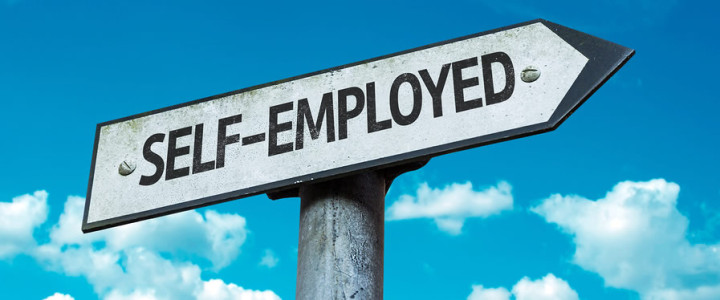+1 604-285-1886
KATHERINE SUN CPA INC.
Resources
Staying current is important for our business and yours. These tax publications and resources are provided for your use. If there is information or issues that you need clarified, don’t hesitate to contact us.

Avoid common tax filing mistakes and missed refund opportunities.
Forgetting to put out the garbage, arriving late to a movie or misfiling your tax return – we all make mistakes! While some have more serious consequences than others, these mistakes are often avoidable. Survey shows that 56% of Canadians filed their taxes without the assistance of a tax professional last year. While the independence and initiative to take on such a task is great, it’s important to ensure you’re not making some of the most common filing mistakes. Between tax law changes and unpredictable life circumstances, it’s easy to overlook some aspects that could significantly implicate your tax scenario.
Here are some of the most common tax mistakes Canadians make when filing their own tax return and how to avoid them.
Miscalculations.
It’s common to make mistakes, like math miscalculations, filing status errors or even typos, but to avoid some of the most common tax mistakes like double-reporting, not accounting for earned tips (that’s right, tips are taxable!) or missing key information on your T4 slips, we recommend consulting a tax professional or have someone read over your documents. It never hurts to have a second pair of eyes to ensure you’re being transparent and accurately reporting. Who knows, this might result in an awesome find you could have overlooked!
Canada Revenue Agency (CRA) also has you covered on filling errors with its secure Auto-fill My Return Service. It’s a certified software that allows you to automatically fill in fields, information from previous years’ income tax and benefit return with information that the CRA has available at the time of filing.
Missed opportunities.
It’s important to get what’s yours. Moving expenses, child care expenses and credits for supporting someone with a disability are just a few of the common tax credits and deductions that are missed every year. Additionally, medical treatments, devices and even items prescribed by medical providers but not covered under personal insurance may be claimed as medical expenses. This can also include reading enhancements like contact lenses or glasses, and hearing aids!
Missed part of a previous year’s return.
Did you just realize that you missed a few things from previous years that could have been claimed? Before you start sobbing, we’re happy to tell you that you can adjust old returns from previous years up to the past ten calendar years.? You can request a change to your tax return by amending specific lines to your return. But we suggest waiting until you receive your notice of assessment before asking for changes to your return.
These are a few among a long list of common tax filing mistakes and missed opportunities that those who file on their own make every year. To ensure you’re getting everything you’re entitled to and to avoid having to adjust your return from previous years, we are available year-round to help you.
We can help.

Self-employment expenses deductions
It is very important to claim all of your business-related expenses on your T2125 in order to reduce the amount of business income you owe. In addition to lowering your tax payable, you’re also putting together the most accurate picture of your business’s overall health. Some of the most common expenses for self-employed Canadians include:
Advertising: Business cards, flyers, online marketing, etc.
Vehicle expenses: Gas, maintenance, insurance, lease payments, repairs, cleanings, oil changes and registration fees may all be deductible if you use your vehicle for the purpose of earning business income. It’s important to have your vehicles mileage figure at the beginning of the year, and at the end of the year, as well as a travel log book which corresponds to a calendar.
Bank fees (a commonly overlooked deduction)
Office supplies: Pens, paper, paper clips, printer ink, etc.
Inventory: If you purchase products to re-sell, the cost of those products is a deduction.
Business-use-of-home expenses: If you operate your business out of your home, you may be able to deduct a portion of your household expenses at tax time. This includes a portion of your rent and utilities. Gather your bills and receipts for power, heat, rent, security, hydro, etc. You are only able to deduct the percentage of these expenses that correspond to the percentage of your house that you use solely for earning business income.
Cell phone: If you use your phone for business, a portion of that expense can be claimed as well. Have your cell phone bills on hand.
Generally, all businesses can deduct from their income expenses that are incurred not only to make the business operational, but also to maintain that business once it is up and running.
“They must be supported by original invoices,” says Chantal Trépanier of the CRA’s Liaison Officer Service. “There is a lot that you can claim. It’s about proportion and being reasonable.”
If you are not sure the eligibility of your expenses, consult with your accountant. It can be costly if expenses are denied by CRA.